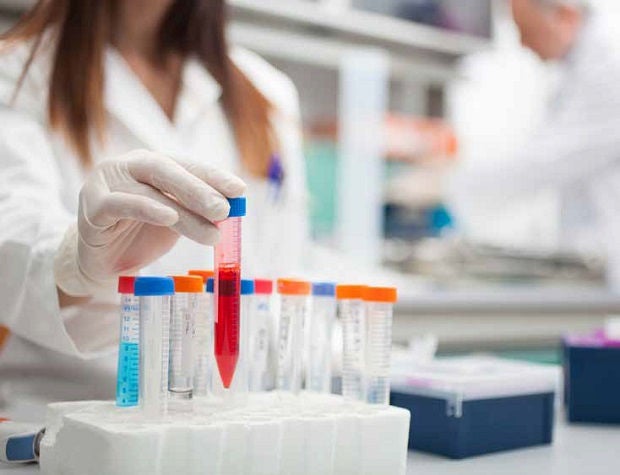
For some people battling cancer, clinical trials — deemed the lifeblood of promising treatments that are undergoing tests — provide a ray of hope. However, the COVID-19 pandemic upended many potentially life-saving trials around the world.
This, too, was the case for Singapore when it entered a “circuit breaker” period between 7 April and 1 June 2020. To contain the escalating number of COVID-19 infections, non-essential clinical services and research activities, including clinical trial work, came to a grinding halt.
However, researchers from the National Cancer Centre Singapore (NCCS) continued to work behind the scenes to ensure that oncology patients enrolled in pre-existing trials could still access the investigational therapies, which could be potentially life-saving, during the pandemic.
One of these researchers is Clinical Associate Professor Daniel Tan, Senior Consultant, Medical Oncology, and Deputy Head, Division of Clinical Trials and Epidemiological Sciences, NCCS. Prof Tan oversees the Phase 1 trial programme, which investigates and monitors the safety profiles of novel cancer treatments in the early development phase. Phase 1 is the first part of three clinical trial phases to assess if a new drug or treatment is safe and efficacious before it can get regulatory approval for clinical use. Phase 1 trials may involve 20 to 100 trial participants.
“Trials are quite labourintensive in that a lot of work is required to ensure data is accurately captured. During the “circuit breaker” period, clinical trial sites had to put some trials on hold due to the limited number of coordinators and other trial team members that could be allowed on-site,” Prof Tan said.
Thankfully, existing trial participants were able to continue with the programmes they were enrolled in before COVID-19, taking into consideration safedistancing measures to ensure the health and safety of participants.

<<The challenges amid the
evolving COVID-19 situation
gave Clinical Associate Professor
Daniel Tan (above) and his team
at NCCS the opportunity to
improve clinical trial processes.>>
COVID-19 challenges
Prof Tan and his team met with their fair share of challenges while navigating clinical trial protocols during a pandemic. Among these were the assessment of ongoing trials as essential services while managing public health challenges.
As the COVID-19 situation evolved, Prof Tan had to constantly re-evaluate the risks and benefits of every procedure.
“The situation was so dynamic that we were adapting on a weekly basis to assess what was the best way we could proceed as things continued to evolve rapidly.”
Before the pandemic, overseas patients participating in NCCS clinical studies would fly into Singapore to receive treatment.
Maintaining the trial drug supply to patients overseas was another major challenge, but thanks to careful planning and coordination, the team managed to circumvent the obstacles.
“We had lengthy discussions with our sponsors, the Health Sciences Authority and Institutional Review Board, to help the trial patients get their supply. We also had to consider whether these patients should continue visiting NCCS for trial assessments and medication re-supply, or whether the drug should be delivered directly to them. At the same time, it was vital to ensure regular communication with patients to reassure them that our trial team was actively working to facilitate continued supply of their medications. After much work and in an unprecedented fashion, we succeeded in delivering drugs to our patients based overseas,” Prof Tan said.
Silver lining
Despite the difficulties, Prof Tan said that there has been “some good in adversity”.
“We learnt that some of the things we previously thought were inconceivable could actually be done. This leaves room for continued improvement for our clinical trial processes.”
Adapting to the new normal of COVID-19, patient recruitment and the running of clinical trials at NCCS have been restored, albeit with some changes due to the pandemic.
Reiterating the importance of clinical trials, Prof Tan said that there is a need to remain invested in developing new and more effective treatments as they bring hope to patients battling cancer.
There have been promising developments in personalised cancer care with targeted therapies and immunotherapy, which are tailored for specific cancers and generally have fewer side effects. For many cancer patients, these new and improved treatments may offer new hope.
“We do not yet have all the answers on how to treat and cure cancer. As long as there is this gap, we will constantly drive progress and strive to do better,” said Prof Tan.













 Get it on Google Play
Get it on Google Play